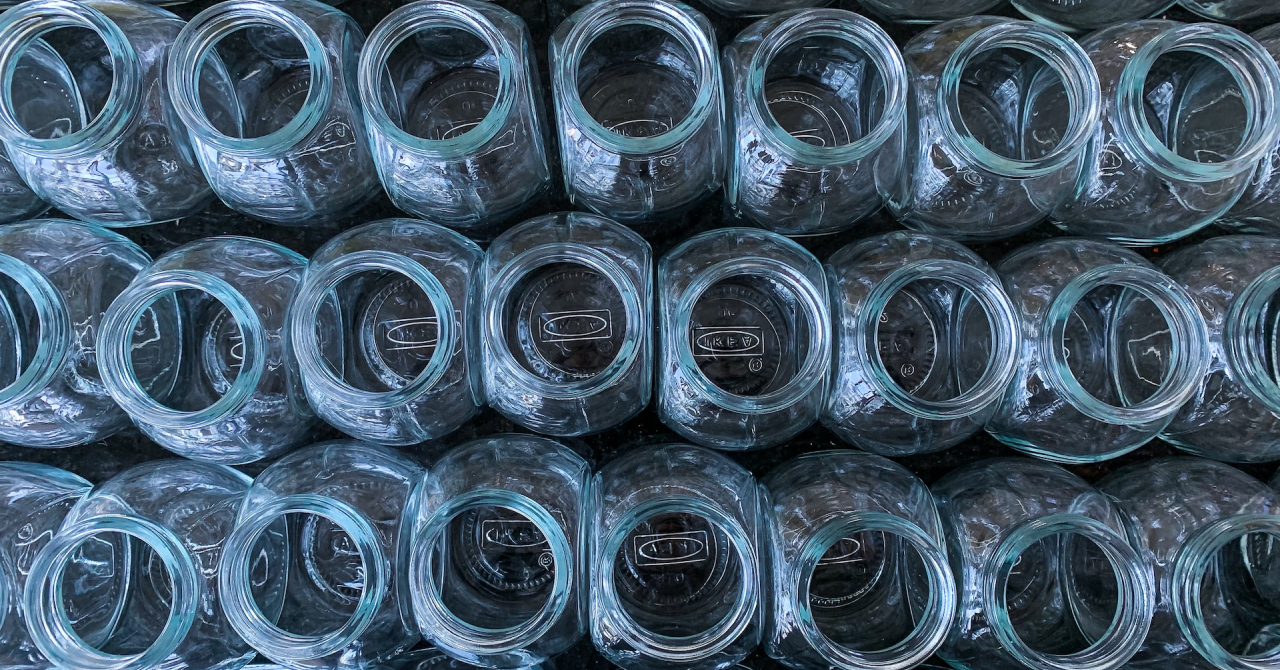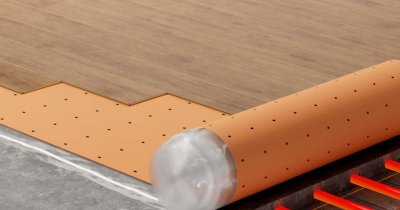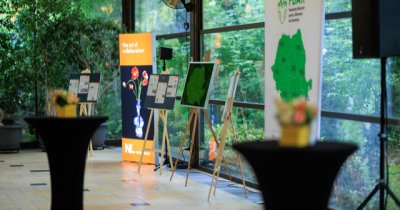Still, researchers say that, despite being one of the most polluting types of waste out there, glass is easily recyclable and doesn't lose its properties in the process. Due to this, it can be repurposed infinitely.
How is glass made
Glass is one of the most present products on Earth, being implemented in buildings and in the objects that we use on a daily basis. It is made from abundant resources, sand, sodium carbonate and limestone, which are melted at very high temperatures. At high temperatures, glass acts like a liquid, but at the lowest, it starts to solidify. This is why it can be essentially poured and molded into various shapes.
Glass is believed to have been first manufactured in Egypt or Mesopotamia back around 3.500 BC.
How is glass collected and sorted

There are some types of glass that can't be recycled collectively, since they may need a special treatment, such as windshields, sliding doors, computer screens or windows.
Most local authorities collect glass for recycling purposes and you can check with your garbage-collecting company to be sure.
How is glass recycled and why we should do it
The fact that it doesn't lose its properties is also a great bonus, which allows us to essentially process it infinitely and we should take advantage of this, despite the fact that the ingredients are readily available.
Furthermore, recycling glass can save important amounts of emissions coming from the extraction of the required raw materials, which have to be mined in a classic fashion, with fossil-powered equipment.
Some experts believe that, by recycling one ton of glass, we can save 1.2 tons of raw materials and an additional 580 kilograms of CO2 emissions in the supply chain. Also, air pollution can be reduced by 20%, while water infestation, by as much as 50%.
Before actually being recycled, glass must first be sorted, since there are different types of glass, with various colors and treatments, which may require a specific kind of processing.
For colored glass containers, these are mechanically sorted, while the rest are simply crushed and have any possible contaminants removed.
After it is reduced to small particles, depending on the desired future product, glass can be color-treated or infused with various other substances to manufacture stronger or flexible glass, for example.

Then it's again melted in high-temperature furnaces and molded or blown into new shapes, like bottles or jars. Glass can be molded into various new products, such as bottles, water filtration systems and even thicker, specially-treated windows for better energy efficiency.
Light bulbs, windows, mirrors and eyeglasses are some of the types of glass that are difficult to recycle.
How to send glass in for recycling
Unlike plastic or paper, it's easier to send glass in for recycling, especially if we're talking a bottle or a jar. Simply wash and dry the glass container you wish to give to a collector. Jars and bottles can be left with their respective label, but the metal lids or caps should be removed, as they will be recycled separately.
Make sure that the glass doesn't break before you send it in and if it does, make sure to wrap it in a piece of paper, for example, so that the person collecting it doesn't get injured.
As a fun fact, by recycling a single glass bottle, we save enough energy to power a 15watt light bulb for an entire day.
 Mihai - Cristian Ioniță
Mihai - Cristian Ioniță












Any thoughts?